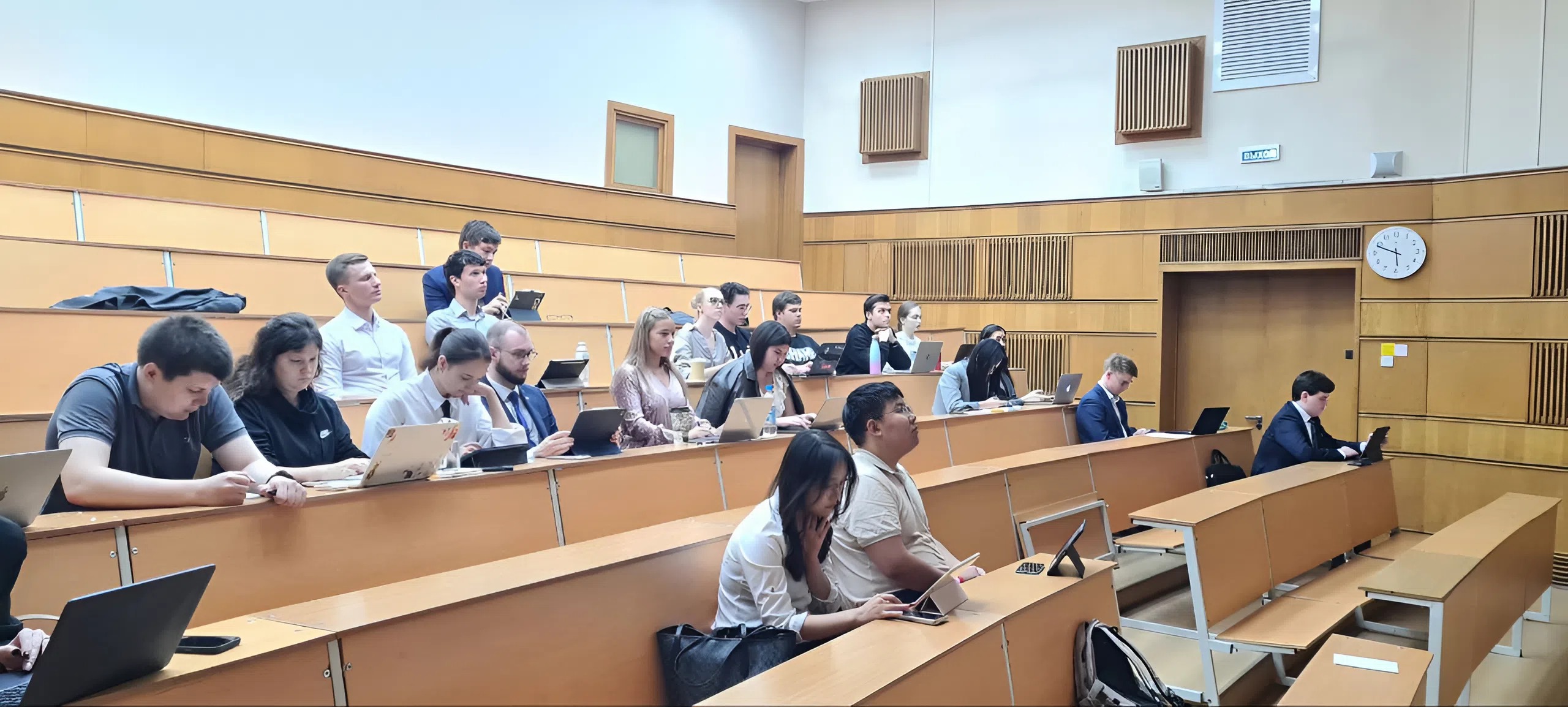MOSCOW, OCTOBER 3, 2025. PIR-PRESS. “In the 1980s, there were efforts to develop space-based interceptors, but this idea remained impractical due to high costs and limited technology at the time. Developing new space interceptors still faces major economic hurdles. For example, lowering launch costs doesn’t solve the main problem – the high expenses of building and maintaining a space interceptor system. A more practical and cost-effective solution is to place sensors in space to differentiate real warheads from decoys,” said Dr. Oleg Krivolapov, PhD in Political Science, Senior Researcher, Department of Military-Political Research, Institute for US and Canadian Studies, and a member of PIR Alumni Community.
On September 4, 2025, PIR Center, jointly with MGIMO University, hosted a seminar “The Role and Place of Missile Defense in Arms Control Issues.”
Dr. Oleg Krivolapov, PhD in Political Science, Senior Researcher, Department of Military-Political Research, Institute for US and Canadian Studies, and a member of PIR Alumni Community, provided a detailed overview of how missile defense systems have evolved, highlighting key achievements and ongoing challenges. Despite rapid technological progress, missile defense faces new threats like hypersonic missiles and non-ballistic systems. The discussion focused on updating missile defense systems to address these new challenges and their roles in the global strategies of the USA and Russia.
The expert also pointed out that many missile defense systems still have vulnerabilities despite technological advances, particularly issues like overload in tracking channels and the need for systems that can adapt to large numbers of targets, including drones and cruise missiles.
Emphasis was placed on integrating new defense technologies into the broader strategic framework. The discussion also covered vulnerabilities facing the USA and other nations from hypersonic and non-ballistic threats, along with future developments of missile and air defense systems in Europe and Asia.
Dr. Oleg Krivolapov concluded by saying that although missile defense tech will continue to evolve, global security remains at risk until a balance is established between strategic defensive and offensive weapons.
The seminar ended with a Q&A session where participants shared their views.
Mr. Yuri Shakhov, a second-year student of MAprogram “International Security” asked about how modern missile defense systems are tackling overload issues in tracking channels and whether long-term solutions are feasible. The student also inquired about more active use of AWACS aircraft, which could help counteract the Earth’s curvature.
Dr. Oleg Krivolapov responded that sensors on aircraft and aerostats are already being used, citing Israel as an example, and that the USA is exploring similar long-range monitoring devices, especially in the Pacific. The expert confirmed that handling large-scale attacks requires advanced information and control systems, which will become even more critical with the rise of drones and new technologies.
Mr. Artem Plaksiy, a second-year student of MAprogram “International Security” asked if an invulnerable missile defense system could be built.
Dr. Oleg Krivolapov said that the main challenges are the high costs and system vulnerabilities to overload. The expert explained that no missile defense could effectively prevent all attacks from modern threats, and even a perfect system would only offer a brief strategic advantage, as opponents would find ways to bypass it using decoys or disinformation.
Ms. Darya Morozova, second-year student of MAprogram “International Security” asked which other countries are developing missile defense systems besides the USA and Russia.
Dr. Oleg Krivolapov replied that China, several European nations like France and Italy, Israel, South Korea, and Japan are also actively involved.
Keywords: Strategic Stability; Air Defense; Missile Defense
AC
E16/SHAH – 25/10/03



